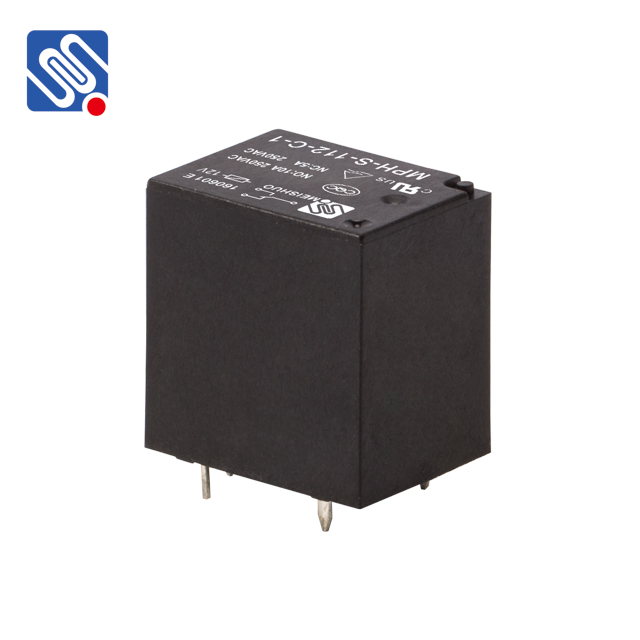relay functional testing: ensuring reliability and performance
Release time:2025-04-14 00:10:35
Relay functional testing is an essential process in verifying the operational reliability and functionality of relays used in electrical circuits. A relay, acting as an electrical switch, is a key component in controlling the flow of electricity to various parts of a system, from low-power control circuits to high-power systems. In the context of industrial automation, telecommunications, or power distribution systems, ensuring the proper functioning of relays is crucial for system efficiency, safety, and longevity. This article will delve into the significance, methods, and best practices for relay functional testing.

The Importance of Relay Functional Testing
Relays play a pivotal role in protecting circuits, controlling systems, and ensuring automatic operations in various applications, such as power grids, automotive electronics, and communication devices. However, like all electrical components, relays can fail over time due to wear, environmental factors, or manufacturing defects. This can lead to system malfunctions, downtime, or even catastrophic failures. Therefore, conducting thorough functional testing ensures that relays perform correctly and meet the required specifications.
Functional testing is not just about confirming whether a relay works but also ensuring that it responds as expected under different operational conditions. This includes verifying the relay's switching actions, response time, and its ability to handle different load conditions without failure.

